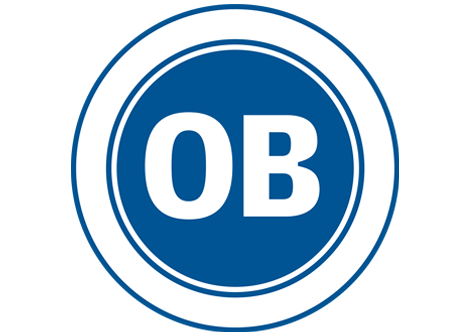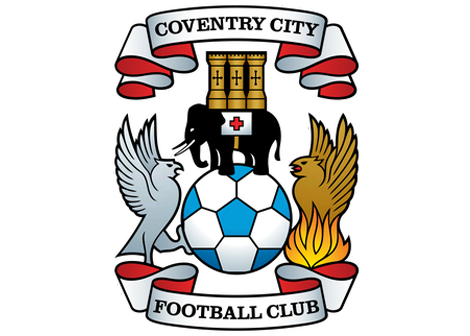Being a football agent is tough. We explore proven tips for keeping your players happy and engaged.
The new era of transparency gives agents more power to keep their players happy, not only by opening up new opportunities in the transfer market, but also by facilitating better communication between agents and clients.
It is the best and worst time to be a football agent. The best, because there have never been more opportunities to do business in more leagues and more countries. The worst, because there has never been more competition from rival agents and middlemen, and there has never been more noise and misinformation around the industry - both factors that damage your ability to seize those opportunities.
Keeping your players happy, therefore, requires you not only to do everything you can to stay up to date with all the latest opportunities available to them. You also need to be able to convince them that you ARE doing the best job possible on their behalf, by giving them proof of all the effort, knowledge and skill you are putting into their careers. Otherwise you risk losing them to rival agents who can give them what they want - or, at least, say that they can.
But just as the key problems are linked, so are the solutions. By applying the principles of best practice for a football agent in the 21st century, you also arm yourself with the tools to communicate better with your players and to build the trust that is essential to a successful working relationship.
Six things successful agents do - and how they can help to build trust with players
- Deal directly with decision-makers
- Build a global network
- Access up-to-date information
- Protect their players’ interests and their own
- Understand the pitfalls - and opportunities - of regulations
- Earn a reputation
The direction of travel in the transfer market is towards more transparency, more reliable information, and more efficiency. Agents have a key role to play in these significant changes to the industry and can reap the rewards, in terms not only of boosting their business but also of improving the relationship between them and their players. In fact, embracing modern, open ways of working is fundamentally linked to increasing mutual loyalty and trust.
Each of the six key principles has one or more potential benefits for the dynamic between agent and player. To be successful, agents nowadays need to do all of these things.
1. Deal directly with decision makers
It’s remarkable how many agents rely on word of mouth, rival agents or intermediaries to find out what kind of players clubs are looking for and on what terms. The most effective way to do business is to build and nurture direct lines of communication with directors of football and senior officials who have the authority to make decisions. Pitches and feedback flow back and forth with no middlemen and no misunderstandings.
Trust/loyalty implications: Players, like agents, hear rumours and gossip. Sometimes rival agents or middlemen target your players, claiming they can do better for them than you can. But by sharing information about pitches and feedback that comes direct from decision-makers at clubs, you can cut through the BS and tell your players what the true situation is. If their expectations are unrealistic, you have evidence that you can present to them. And instead of waiting for players’ heads to be turned by wild promises, you can set the agenda and present them with real options.
2. Build a global network
The majority of players are willing to look beyond their home country or current location for the best opportunities. So if you are effective only in a limited number of markets, it restricts your ability to find the best opportunities for your current players and to attract new clients. Modern technology gives everyone the chance to embrace the global nature of football and to make contacts with the key people at clubs at all levels of the game, in every continent.
Trust/loyalty implications: If you don’t have good contacts in a particular market, you lose credibility not only with a player who wants to go there, but also with players from there who want to come to your home territory. Instead of opening the door to rival agents, embrace the digital age to build a worldwide network. Then, by showing players the pitches you have made and the responses you have received, you can prove to them that you are able to find the best possible range of opportunities for them.
3. Access up-to-date information
The best network in the world is useless if you don’t make the most of it. Opportunities can emerge suddenly and disappear just as quickly. But again, the digital age provides ways of knowing, often in real time, when a club makes a new player available for sale or loan, or reveals what kind of player it is seeking. And the same instant technology enables you to pitch your services immediately, and to receive instant feedback.
Trust/loyalty implications: You may be working hard to set up deals for your players. But if they can’t see evidence of what you are doing on their behalf, they start to lose faith in you - questioning your ability to close deals and suspecting that they are not a priority for you. Instead of keeping them in the dark and losing their trust, you can update them with real-time information. Then the player will know you are at the cutting edge of the market, you are actively working on their behalf, and you regard them as an important client.
4. Protect their players’ interests and their own
FIFA, local federations and leagues all require agents and players to have signed representation contracts. Of course, some people will always choose to break the rules - but following them has real practical benefits. By having legally-binding contracts and sharing that information with clubs and players, you protect yourself in the event of a dispute. You also, in theory at least, protect the players from unwanted approaches. Finally you send a clear signal to clubs, other agents and to the players themselves that you are the only person with the authority to act on their behalf.
Trust/loyalty implications: Loyalty is a two-way street. By signing a formal contract, players signal their trust in the agent - and only that agent - to act in their best interests. In return, agents demonstrate their belief in the players and their commitment to work effectively on their behalf. Instead of leaving room for doubt, everyone knows where they stand and can work together with clarity and purpose.
5. Know the pitfalls - and opportunities - of regulations
The industry is going through a period of upheaval. The new rules on agent licensing and loan deals, and regional issues such as post-Brexit transfers into the UK or MLS overseas player rules, may seem simply to be obstacles. But if you understand regulations and their implications properly, they can offer new and clever ways to do business.
Trust/loyalty implications: Knowing the rules, and how to work most effectively within them, brings practical and reputational benefits. By understanding, for example, the new requirements to receive a visa to play in the UK after Brexit and the resulting balance in accessibility for EU and non-EU players, you show your players that you know where the best opportunities are for them. Instead of burying your head in the sand or operating in the shadows, you can move fast to comply with the new regulatory framework and to enjoy success in the more open and transparent industry that is developing as a result of the rule changes.
6. Earn a reputation
Following the above principles will help you stand out as an agent who understands how the industry is evolving and is able to seize its opportunities, while overcoming its obstacles. But digital technology gives you the chance to set up and regularly update a profile and track record that allows everyone to see what you have done and what you stand for. Individuals and small agencies who adopt modern working practices give themselves the chance to compete with bigger, more established companies who might not be as quick to adapt to football’s changing landscape.
Trust/loyalty implications: Being well regarded in the wider football world is a good thing, but it’s the opinion of your players you should care about the most. The best way to secure their loyalty and trust, of course, is to give them the best possible opportunities. But maintaining honest communication with players, regardless of a positive outcome, goes a long way towards building trust. Players are more likely to be loyal to an agent who can prove they work in an open, modern and effective way - and to recommend you to their team-mates. One way to showcase your track record is with a profile on TransferRoom.com.
It is a big challenge to tick all the boxes that modern players expect from an agent, in terms of global reach, contacts, negotiation skills and personal attention. When the 24-hour news cycle, gossip and rival agents are constantly undermining your efforts, the struggle to be successful is real. And with rules changing on areas like loan deals, selling players into particular markets, or simply being a registered agent, it can sometimes feel like an impossible job.
But 21st century technology and new ways of working can lead you and your business into a bright and prosperous future. The ability to connect instantly and directly with decision-makers around the world, pitching players and receiving feedback at the touch of a button, is revolutionising how the transfer market works.
The new era of transparency gives agents more power to keep their players happy, not only by opening up new opportunities in the transfer market, but also by facilitating better communication between agents and clients. One benefit feeds into the other, creating a virtuous circle that builds mutual trust and loyalty - the key to any successful business relationship.
Related Content
Learn more about how becoming a Trusted Agent on TransferRoom can help your agency.
See how the Player Loyalty Booster feature on TransferRoom helps you build trust with players.
Book an intro call
Trusted by decision makers from 800+ clubs worldwide











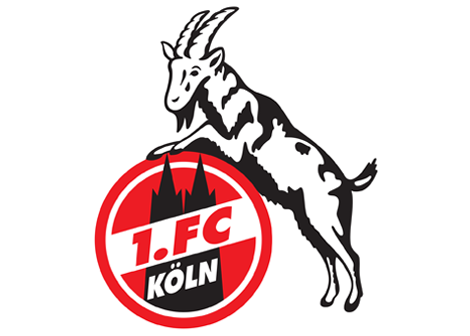



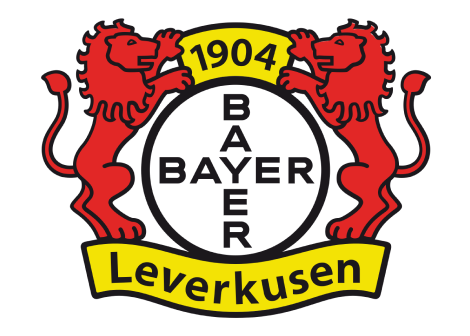






















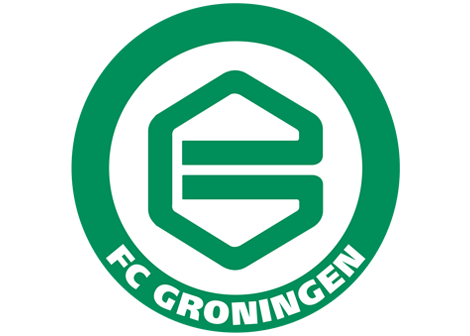
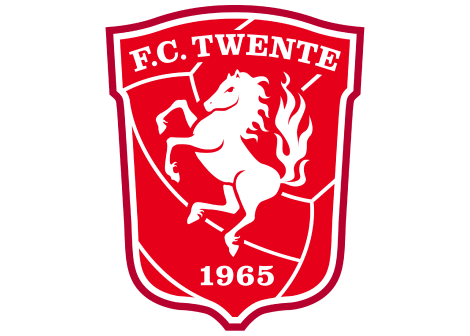



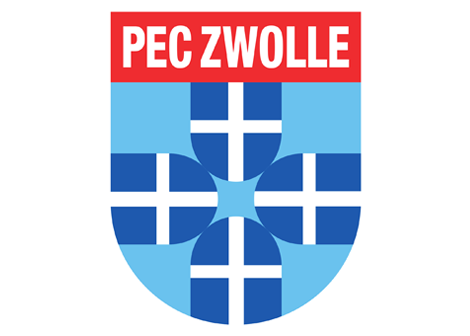







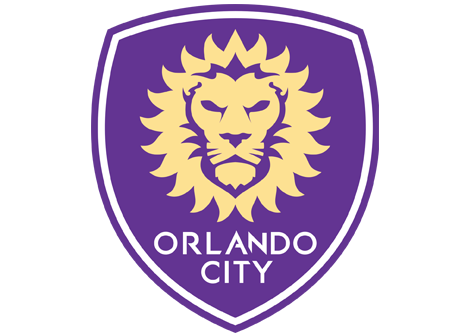















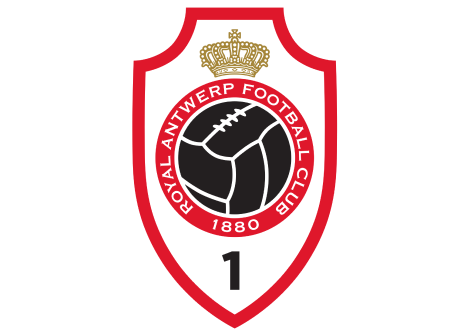











/SWEDEN/Malm%C3%B6%20FF.png)
